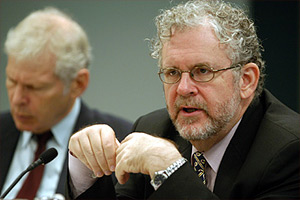
By Richard Norman
A new book, God and Glory: Britain, America, and the Making of the Modern World, by Walter Russell Mead was discussed a couple of weeks ago by the author at the Council on Foreign Relations (video here). A summary quote:
I want to say quickly that in the book I don’t argue that Britain or America triumphed because they were purely laissez faire. In fact, what I’ve said is that they have an ability to have incredible intense competition but also rules and clear regulators. They’ve managed to mix it. It’s very interesting: almost every sport that’s played today around the world is played under rules developed in either Britain or the U.S. in the nineteenth century. And the idea in developing rules–whether it’s the Marquis of Queensberry rules in boxing or the tennis rules or soccer–is that they wanted a combination. They wanted rules, but they wanted the rules not to suppress competition but to encourage the keenest possible competition. So the idea that rules are antithetical to competition is not part of this Anglo-American genius.

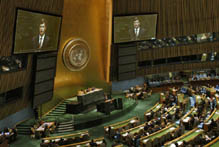 In this post, I would like to present to you the
In this post, I would like to present to you the 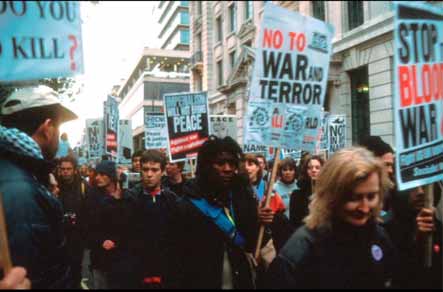 This is a comment on the section "The False Choice of Pacifism" in Sam Harris’ book,
This is a comment on the section "The False Choice of Pacifism" in Sam Harris’ book, 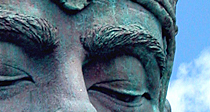 By Otto Spijkers
By Otto Spijkers 
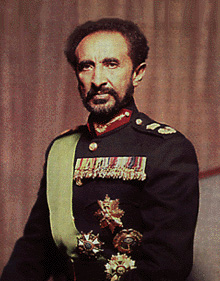 The gathering of the Assembly of the League of Nations in June-July, 1936, was the dramatic climax of the dispute between Italy and Ethiopia, at least as far as the League of Nations was involved. The Emperor of Ethiopia, in exile at that time, came in person to Geneva to address the Assembly, something no other (former) head of state had ever done. His speech became one of the most famous speeches in the history of the League.
The gathering of the Assembly of the League of Nations in June-July, 1936, was the dramatic climax of the dispute between Italy and Ethiopia, at least as far as the League of Nations was involved. The Emperor of Ethiopia, in exile at that time, came in person to Geneva to address the Assembly, something no other (former) head of state had ever done. His speech became one of the most famous speeches in the history of the League. 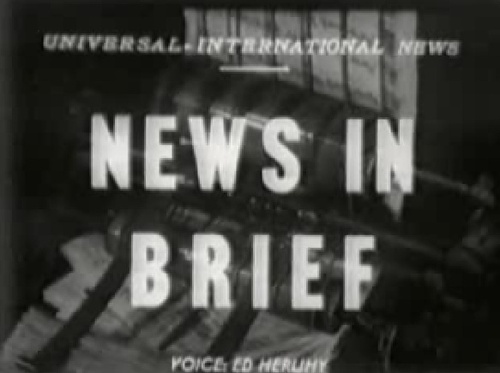 I find it fascinating to watch newsreels of times I was not even born yet. My interest is mainly in newsreels related to the work of the United Nations and its predecessor: the League of Nations. There is not much film footage available of the League (some of it is available
I find it fascinating to watch newsreels of times I was not even born yet. My interest is mainly in newsreels related to the work of the United Nations and its predecessor: the League of Nations. There is not much film footage available of the League (some of it is available